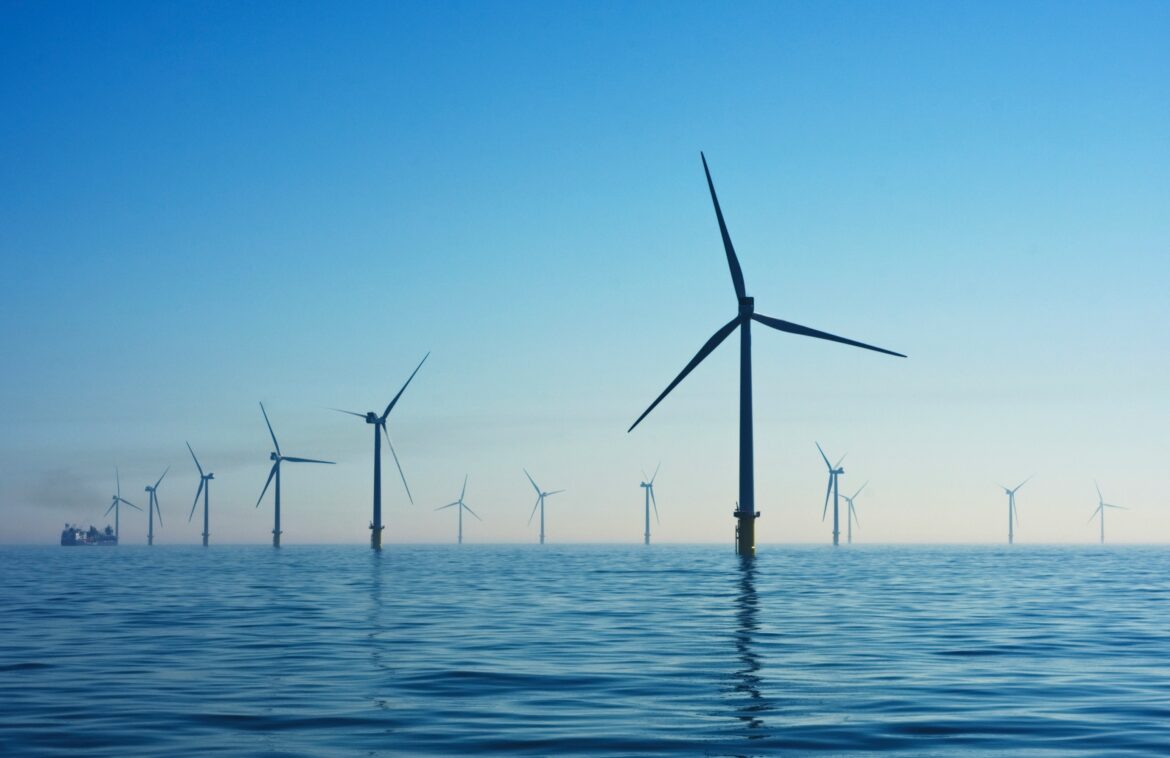The latest Tracking SDG7: The Energy Progress Report has been published, revealing that the current pace of progress falls short of what is required to achieve the SDG7 targets by 2030.
Jointly produced by IRENA in collaboration with the International Energy Agency (IEA), the United Nations Statistics Division (UNSD), the World Bank and the World Health Organization (WHO), the annual publication monitors global progress towards meeting Sustainable Development Goal (SDG) 7, which aims to ensure “affordable, reliable, sustainable and modern energy for all.”
According to the report, as in previous years, rates of progress vary significantly across regions, with some regions making substantial gains and some slowing their progress or even moving backwards.
Indeed, the report outlined that in 2022, 10 million more people were without access to electricity than in 2021.
The energy progress report also found that renewables accounted for 18.7 per cent of total final energy consumption worldwide in 2021, up from 16.7 per cent in 2015.
Meanwhile, on energy efficiency, the world improved by only 0.8 per cent in 2021.
The report also found a disparity in public financial flows. While international public financial flows in support of clean energy in developing countries rebounded in 2022 to USD 15.4 billion, they were found to remain concentrated in certain geographies, with 80 per cent of flows directed to just 25 countries.
Read the full report here.



